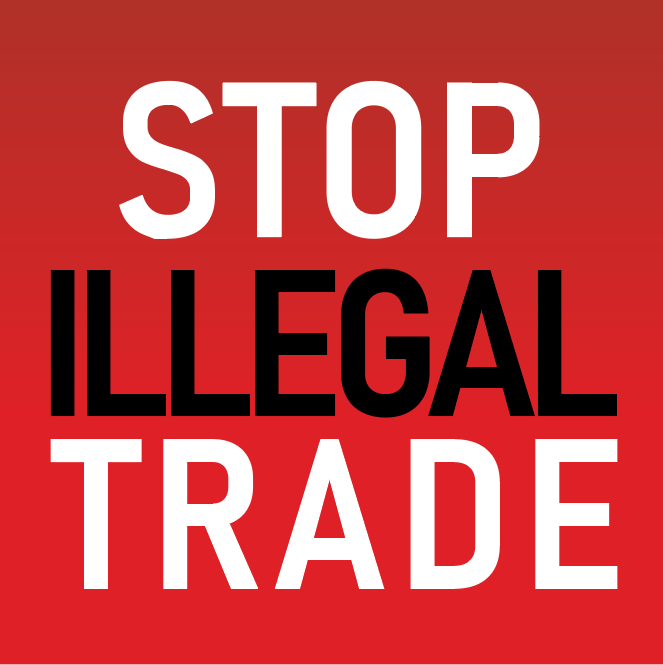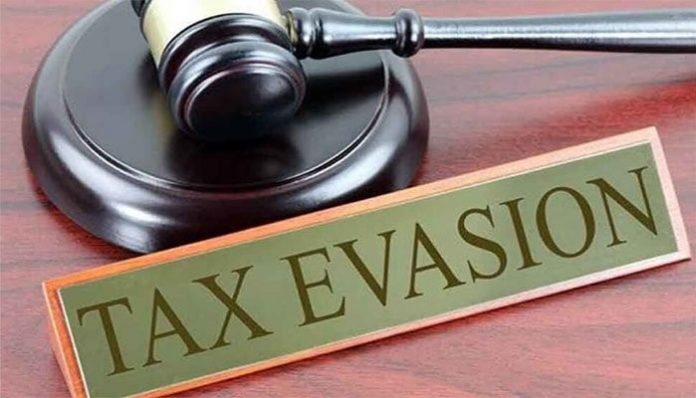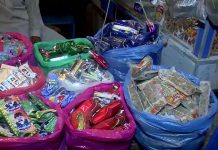ISLAMABAD: Pakistan is estimated to annually lose more than Rs300 billion on tax evasion in five economic sectors and illicit auto lubricants and tyres trade leaves major dent to exchequer among all, according to the findings of a France-based market research firm Ipsos.
The tax evasion in auto lubricants and tyres sector is estimated at Rs90 billion, followed by tobacco industry Rs75- 80 billion, real estate sector Rs55-65 billion, pharmaceutical Rs45 billion and tax evasion in tea sector is estimated at Rs30-35 billion.
Correct diagnosis of tax evasion in five sectors can significantly increase tax revenues, said Ipsos. “Tax evasion has far reaching implications in so far that it not only has fiscal repercussions but also negatively affects the investment climate and perception of the country,” it said in a report on tax evasion in five sectors of Pakistan where 76 percent of total budget is dependent on tax collections.
The research institute said several issues have paved the way for the fiscal deficit, “but tax evasion is one of the biggest reasons of the revenue shortfall”. “Tax evasion not only affects the overall development of the country, it also leads to inflation as the burden is passed on to the public to minimize the deficit,” said Ipsos.
According to the local industry, 65 percent of the demand of tyres in the market is met by illegal/smuggled tyres. Annually, Pakistan uses approximately 10 million tyres out of which 20 percent are locally manufactured, 15 percent are imported and remaining 65 percent are smuggled. Losses to exchequer from illegal tyre trade exceeded Rs50 billion last year.
The country consumes 400 million litres of lubricants. Half of this oil (200 million litres) is reused as reclaimed oil and according to an industry expert, 60 percent (120 million litres) goes into the undocumented economy resulting in massive losses to exchequer. Total value of lubricants industry is estimated at Rs120 billion and one-third of it is reclaimed oil where government has no tax income. The estimated loss to exchequer in the lubricants sector stands at Rs40 billion. According to Ipsos estimates, the tax evasion in tobacco industry due to duty not-paid cigarettes, smuggling and counterfeits will reach Rs75 to 80 billion this year.
Ipsos said real estate transactions are of rather complex nature in the country, leaving significant room for tax evasion. There are two main reasons that can be attributed to tax evasion in the real estate sector i.e., under-invoicing and cash transactions. Under-invoicing is a practice that is applied in many economic sectors. The real estate sector, in particular, has been a beneficiary of this practice. Parties involved in a transaction deliberately understate the value of the estate to avoid paying taxes. The estate is valued 60-70 percent less than the market value in the sale/purchase deed.
The country has witnessed a sharp increase in the usage of medicinal drugs over the years. There were 304 pharmaceutical firms operating in Pakistan but according to Drug Regulatory Authority of Pakistan, this number has more than doubled to 650 in a span of 20 years. Tax evasion due to smuggling and counterfeits causes Rs45 billion losses in the pharmaceutical industry valued at Rs490 billion.
The country is one of the largest tea drinking and importing countries across the world. As most of the country’s needs are met via imports, it leaves a lot of room for tax evasion and illegal trade. Up to 60 percent of the tea demand in Pakistan is managed by large scale importers and the remaining 40 percent is managed by small traders. The estimated tax evasion in the sector is between Rs30-35 billion.
Source: The News – June 01, 2021















